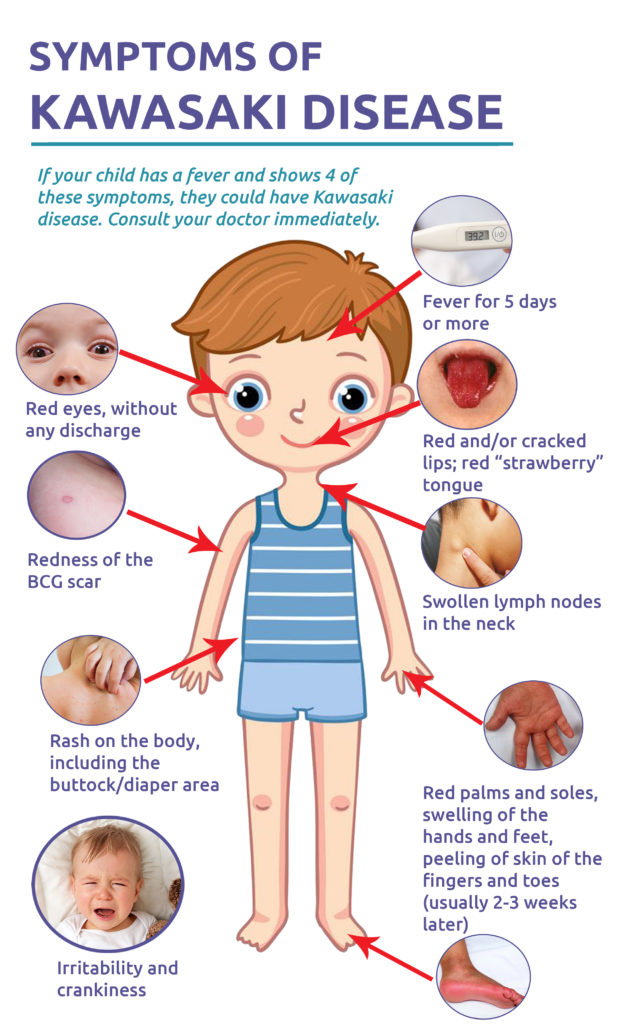Kawasaki Disease

- 08 Dec 2024
In News:
Comedian Munawar Faruqui recently opened up about a tough time in his life when his young son was diagnosed with Kawasaki disease.
What is Kawasaki Disease?
- Kawasaki disease is a rare condition that primarily affects children under the age of five.
- It causes inflammation in the blood vessels, including those that supply blood to the heart.
- With early treatment, most children recover without long-term health issues.
Possible Causes:
- The exact cause of Kawasaki disease is not well understood.
- Experts believe it may be triggered by a combination of genetic and environmental factors, including certain infections.
Symptoms: Kawasaki disease symptoms typically appear in two phases and may last for several weeks. Common symptoms include:
- High fever lasting more than five days.
- Red eyes without discharge.
- A rash on the body, particularly in the chest and groin area.
- Swollen hands and feet, sometimes accompanied by redness.
- Red, cracked lips and a swollen, red tongue.
- Swollen lymph nodes, particularly on one side of the neck.
Detection & Treatment:
- There’s no test that can directly detect Kawasaki disease. But healthcare providers can do tests that support a diagnosis of Kawasaki disease or rule out other possible illnesses.
- Treatment for Kawasaki disease includes:Immune globulin (IVIG), or human blood proteins you receive by IV. About 10% of children may not respond to the first dose of IVIG and will need a second dose or other medications.
